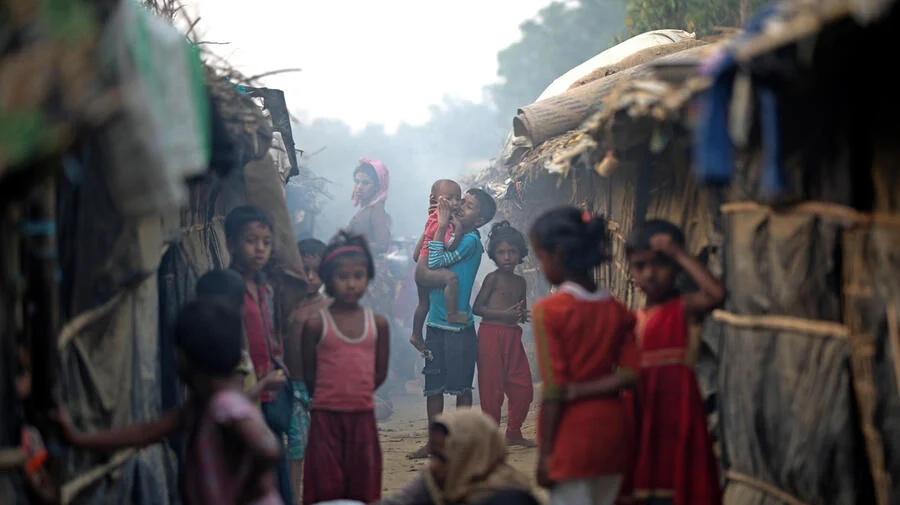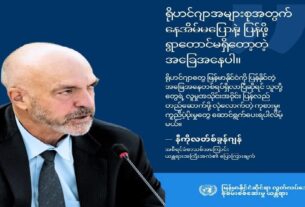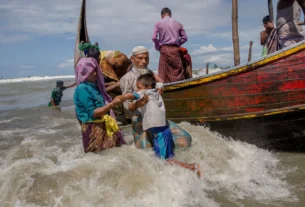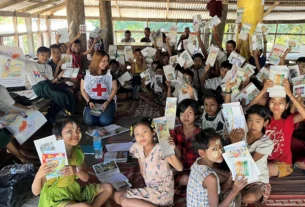For Rohingya families in areas now controlled by the Arakan Army (AA), accessing healthcare has become an agonizing struggle. Reports from relatives and those with recent contact reveal that hospitals and clinics under AA administration are charging exorbitant fees, making even basic medical treatment a luxury most simply cannot afford. This alarming situation is compounding the immense suffering of a community already reeling from displacement and persecution.
“It’s a nightmare,” shared a Rohingya man whose family remains in Maungdaw Township, his voice heavy with concern. “When someone falls sick, even with a fever or the flu, a trip to the hospital can cost at least 100,000 Myanmar Kyat (approximately $47 USD). After basic tests, they might give you medicine for just three days, and injections are a gamble. When you add transportation and other hidden costs, it quickly spirals beyond what most people can earn, especially when jobs are nonexistent.”
Diseases like dengue fever and seasonal flu are reportedly rampant, and the demand for medical services is soaring. Yet, the prohibitive costs and the sheer difficulty of travel mean many are left to suffer in silence, their illnesses worsening without professional care.
The renewed conflict in Rakhine has seen the Myanmar military blockade critical transportation routes, cutting off vital medical supplies. This has left hospitals and clinics desperately short of everything—medicine, equipment, and crucially, trained staff. Many doctors, nurses, and healthcare workers have fled Rakhine, leaving facilities depleted and overwhelmed.
For those with chronic conditions or pregnant women facing complications, the choices are grim: embark on a perilous journey to central Myanmar or attempt to cross the border into Bangladesh, seeking the treatment that is denied to them in their own land.
To cope with the dire shortages, some are risking everything to bring in medicine from Bangladesh and India through informal channels. However, even these life-saving imports are taxed by AA authorities, driving prices sky-high. “Basic fever medicine now costs around 5,000 Kyat (approximately $2.35 USD) per dose at pharmacies,” reported a local contact, highlighting the impossible choices families face when a loved one falls ill.
As the conflict drags on and healthcare becomes an unaffordable commodity, Rohingya families are trapped in a vicious cycle of illness and despair. Without urgent humanitarian intervention and access to truly affordable healthcare, the situation is expected to deteriorate further in the coming months, pushing an already vulnerable population to the brink.




